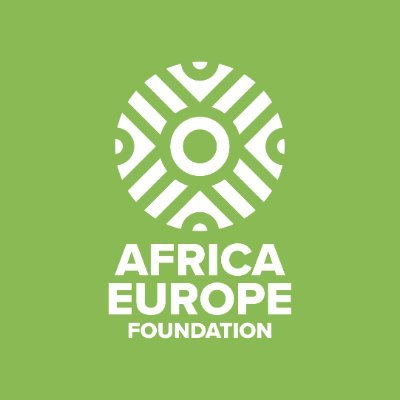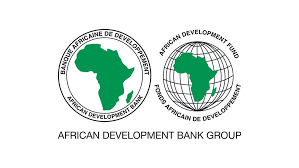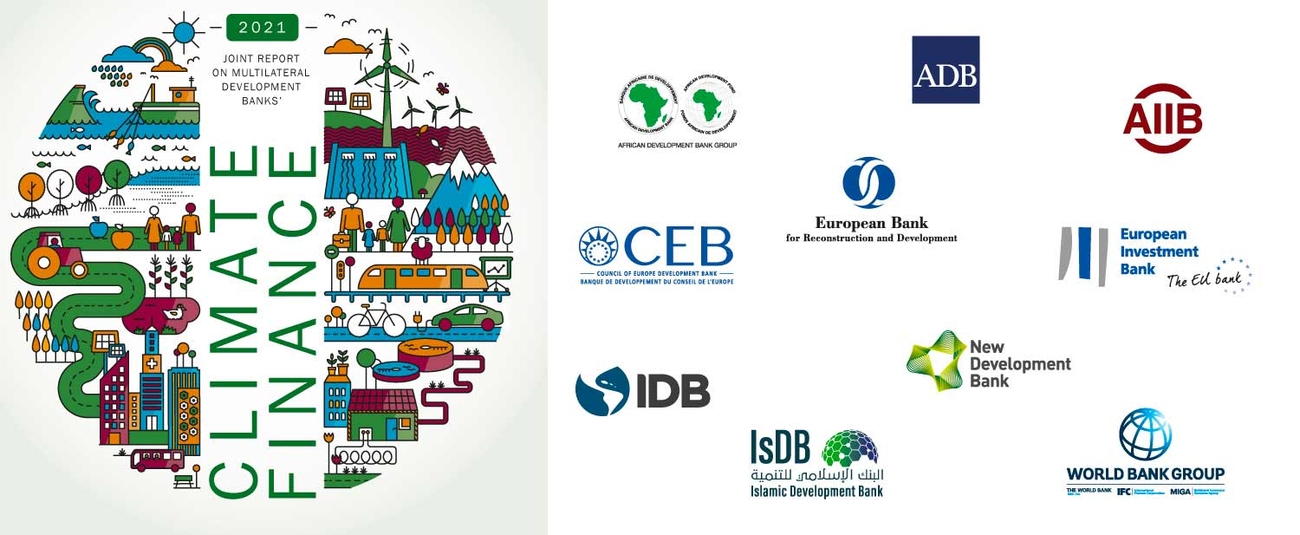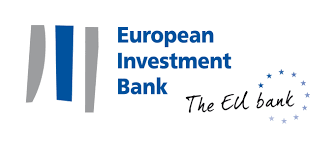THE LEAST DEVELOPED COUNTRIES REPORT 2022

The Least Developed Countries Report 2022 explores LDC-specific development challenges as they pertain to low-carbon development and structural transformation.
The report contributes to unpacking the multifaceted linkages between climate change adaptation and sustainable development, highlighting potential mutually beneficial opportunities as well as potential trade-offs for which international support to LDCs is indispensable.
Although least developed countries (LDCs) have barely contributed to climate change, they are on the front lines of the climate crisis. Over the last 50 years, 69 per cent of worldwide deaths caused by climate-related disasters occurred in LDCs. Building resilience via a green structural transformation, and making growth sustainable by generating decent jobs, domestic savings, diversification of the economy and exports, and a shift away from dependence on primary commodities, is moving to the forefront of the national development agenda in LDCs.
THE AFRICA-EUROPE FOUNDATION REPORT 2022

October 28, 2022, Brussels — The Africa-Europe Foundation (AEF) has launched its annual in-depth assessment of the state of relations between our two neighbouring continents.
The Report’s launch comes eight months after February’s long-awaited summit between the African Union and European Union leaders, closely followed by Russia’s invasion of Ukraine one week later. The report has been backed by the AEF’s High-Level Group of personalities (HLG) who met together yesterday in Brussels to assess the state of Africa-Europe relations and progress since the February’s Summit.
The Report evidences a deterioration in relations stemming from fault lines that have emerged since 2020; among them, the inequitable responses to the Covid-19 pandemic and the failure to deliver on climate finance, that have highlighted the clear economic and power imbalances between our two continents. However, it further argues that despite, or indeed because of, the shift in global geopolitics, a strong Africa-Europe partnership remains the most effective way to resolve the interconnected crises of inflation, energy access, food insecurity and climate change.
African Stock Exchanges - Focus report

Although less volatile than international markets, African markets mirrored the global downward trend on stock exchanges during theearly months of the Covid-19 pandemic, with the extent of the impact depending on the exposure of leading sectors. The situation improved in 2021 owing to the vaccination rollout and the gradual lifting of containment measures. Indeed, a general upward trend took hold from late 2020 and almost all African exchanges closed 2021 in the green.
The key actors of African financial markets showed remarkable resilience during the period of turbulence and transformation. When individual investors shifted their focus from equities to bonds and the pandemicled to exits by several major foreign investors, the shocks were relatively offset by the intervention of local institutional investors. At the same time, stock exchanges and brokers have kept pace with the rapid development of new technologies to prevent bottlenecks in financial market operations, offering companies and investors more of their products and services online, faster and at a lower cost.
Trade Profiles 2022 (WTO)

Trade Profiles contain detailed information on merchandise trade flows, including top products traded by each economy, an expanded section on trade in commercial services, as well as statistics on intellectual property. The information, available for WTO members, observers, and other selected economies, is derived from multiple domains, such as customs statistics, national accounts, Balance of Payments statistics, Foreign AffiliaTes Statistics (FATS), and industrial property statistics. Data are sourced from WTO Secretariat and external sources and presented in standardized and visualized format for quick reference.
PATHWAYS FOR AFRICA'S ENERGY FUTURE

The 27th UNFCCC Conference of the Parties (COP27) to be held in Africa brings a unique opportunity to lay the foundations for the deployment of renewable energy to address the overlapping energy and environmental challenges now facing the continent.
This report demonstrates that with the right planning and investment, renewable energy can reduce energy costs and increase energy access across Africa, enabling economic development, driving progress, and supporting communities.
The first steps for a flexible renewable grid must be taken this decade to successfully unlock these benefits. While African countries have different contexts and priorities, our modelling of power systems in Nigeria, South Africa and Mozambique demonstrates that renewable energy can provide a reliable and cost-effective alternative to baseload fossil fuels, while increasing energy access.
Trade Finance in West Africa

Trade finance — credit facilities used by importers and exporters to transact business — is routinely provided by banks to importers and exporters in advanced economies but developing countries face chronic shortages. This publication focuses specifically on the situation in the four largest economies in the Economic Community of West African States (ECOWAS), namely Côte d’Ivoire, Ghana, Nigeria and Senegal.
European responses to transboundary climate impacts and insecurity

The impacts of climate change can aggravate security risks across international borders. In both the Middle East and North Africa (MENA) region and the Sahel, climate change has been indirectly linked to insecurity and violence. As climate impacts are likely to worsen in the coming years, negative geopolitical implications for Europe can be expected, such as massive humanitarian crises and security challenges in neighbouring regions.
In recent years, the European Union (EU) has added references to climate change and transboundary climate impacts to its key policies and strategies, including those on security. However, a gap remains between rhetoric and effective action to achieve the much-needed comprehensive approach. The reasons can be found in institutional fragmentation, policy incoherence and the lack of understanding of how the EU’s own green transition process can adversely affect partner countries, for example, in the MENA region and the Sahel.
Security, Investment and Development: A Diagnostic Assessment

Security is a public good that cannot be disentangled from sustainable economic development. Conflict and violence are major drivers of intractable fragility in many areas in Africa, undermining good governance, economic development, and social cohesion, and resulting in long-term negative impacts on human and physical assets. Addressing the root causes of insecurity, conflict and violence is critical for inclusive growth and sustainable development.
2021 Joint Report on Multilateral Development Banks’ Climate Finance

Climate finance committed by major multilateral development banks (MDBs) rose in 2021 with over $19 billion committed to climate change adaptation finance, according to the Joint Report on Multilateral Development Banks’ Climate Finance, published on Friday, 14th of October 2022.
The report tracks the progress of MDBs in relation to their climate finance targets such as those announced at COP21 and the greater ambition pledged for the post-2020 period.
The report finds that total financing commitment by MDBs to low-income and middle income economies in 2021 of $50.666 billion, surpassed the annual expectations of $50 billion set in 2019 at the UN Secretary General’s Climate Action Summit in New York.
EIB Working Paper 2022/12 - Determinants of the exchange rate, its volatility and currency crash risk in Africa’s low and lower middle-income countries

The last three decades have witnessed substantial changes in the foreign exchange markets in Africa, with moves towards liberalisation and flexible exchange rate regimes. This has increased the influence of financial market conditions and heightened the risk of exchange rate volatility and large and sudden exchange rate movements.
This paper investigates the determinants of nominal exchange rates, their volatility, and crash risk in African lower and lower-middle income countries. It combines macro-panel estimations for 15 such countries with insights from interviews with market participants.




